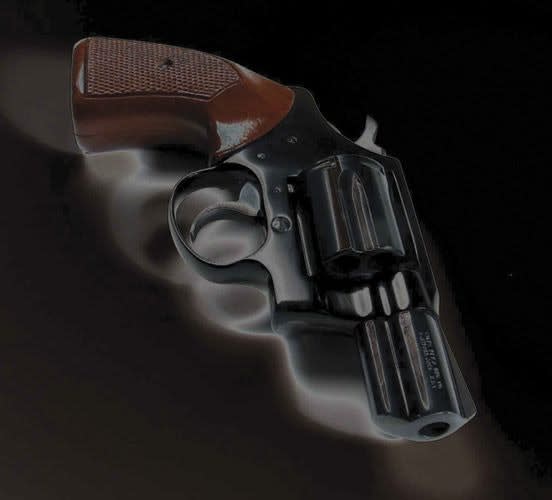Eileen Bowery thinks her husband, Charlie, a Chicago cop, might not have killed himself had the department taken his gun when he was stripped of his badge and his gun-carry privileges as part of an internal affairs investigation.
Bowery says her husband was distraught because of the humiliation of having his badge taken at his home in front of his family and that the investigation put him under such strain that he became a different person, one who should not have even had possession of a gun.
But others say that taking his or her gun is not going to stop a cop from committing suicide. In fact, taking away those privileges can possibly cause a police officer to reach the despair that will lead to suicide. Such may have been the case with Charlie Bowery.
Why do cops almost always choose guns as the way to take their lives? There are several theories on the matter, all of which have to do with cop culture.
Some even argue that ready access to a firearm makes law enforcement officers more prone to committing suicide, but Daniel W. Clark, department psychologist for the Washington State Patrol, is not convinced.
"I've got studies in my files on construction workers who killed themselves with nail guns," Clark says. "That's what they're familiar with. Doctors, psychiatrists, tend to kill themselves with medication. That's what they're familiar with. Cops are familiar with guns."
Rev. Robert Douglas, a police chaplain who has experienced coming back from the brink of suicide himself, believes a gun is more than familiar. It becomes an officer's trusted friend.
"I think the weapon takes on a personality-more than just a piece of metal and more than just something that protects them. I had a bout with depression and a lot of other things in my life. And in the Marines and when I was in law enforcement, that weapon became my survival. And who's always there? Who's always available? That gun is there."
Douglas, who established the National Police Suicide Foundation, attributes this personification of a duty weapon to law enforcement culture. And perhaps the proof of his argument is that it's not just male officers who "eat their guns."
Women traditionally use less violent means such as poison or sleeping pills to end their own lives. But female police officers tend to kill themselves in the same way as their male counterparts. They shoot themselves in the head. This can be attributed to having been fully assimilated into the cop culture.
Law enforcement officers, Douglas says, learn to think and act like warriors, whether at work or at home. So when they plan to commit suicide, they choose a warrior's method, and they finish the job because they are taught to carry through with their plans.
A gun is "quick, it's aggressive, it's violent, and warriors kill themselves like that," Douglas says.













